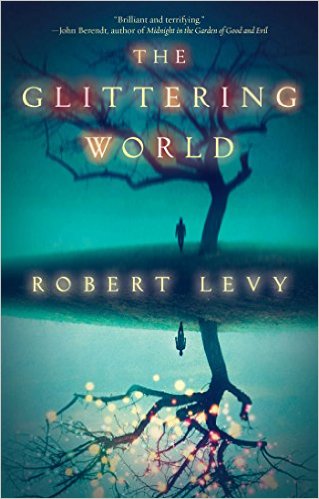The TV show had already become a social event for Chris and me; and on our 10th anniversary trip last year, he and I went on The Game of Thrones tour to Northern Ireland, visiting Tollymore Forest and other film sites, where we had a delirious, glorious time ooo'ing at trees where characters had met their demises in a number of ways, and petting the adult wolf dogs that had played the direwolf puppies in the first season.
Interesting fact: one of the dogs had double dewclaws. Oh, and they were AWESOME ANIMALS.
I had not read the books. I had two fears. First fear: they would be awful. Second fear: they would be great and I would then be compelled to spend half a year reading through all of them. But neither fears came to fruition.
Martin cites many influences on his series, but I think Dune also had to have been a huge influence as well, since this is a story of grand politics told at a very personal level, which lends both aspects gravitas. I was surprised at how solid the writing was despite its bulk, and also how respectful and understanding of the source material the TV show is: in fact, I am not sure I could have read through this book without having seen the show first, because this is not a comfortable genre (high fantasy with quests and politics) for me. But I am not reading the rest of the books (right now): I know the stories already, and as Taryn has noted, they are terribly sad -- tragic -- stories. It's much easier to watch them with a friend (thank you, Chris), then to be with them alone, curled in your chair.
Taryn won't watch more of the series and does not want to read the books. I still want to make her a mashup of all the cool dragon scenes. Not the miserable ones. The cool ones.
One of the passages I liked, from Arya's dancing master, Syrio:
"Just so. Opening your eyes is all that is needing. The heart lies and the heart plays tricks with us, but the eyes see true. Look with your eyes. Hear with your ears. Taste with your mouth. Smell with your nose. Feel with your skin. Then comes the thinking, afterward, and in that way knowing the truth."
Lessons for Writers: Perhaps a writer needs to remember that although she is creating a world in which her reader lives that -- even though characters must not be coddled -- perhaps some care of the reader needs to be taken. Perhaps.



 RSS Feed
RSS Feed